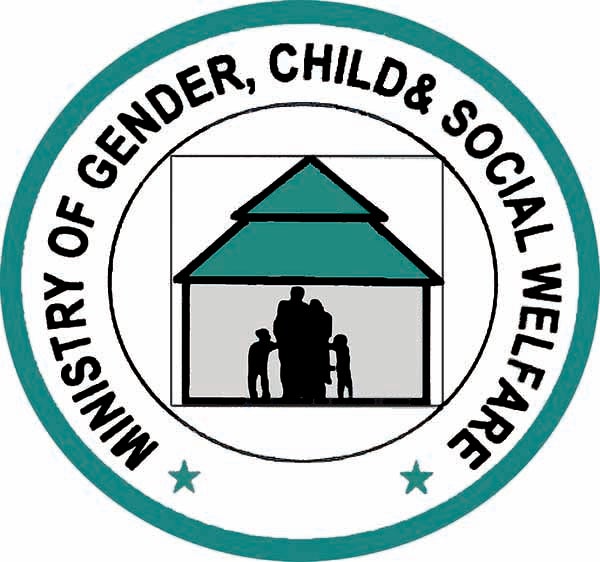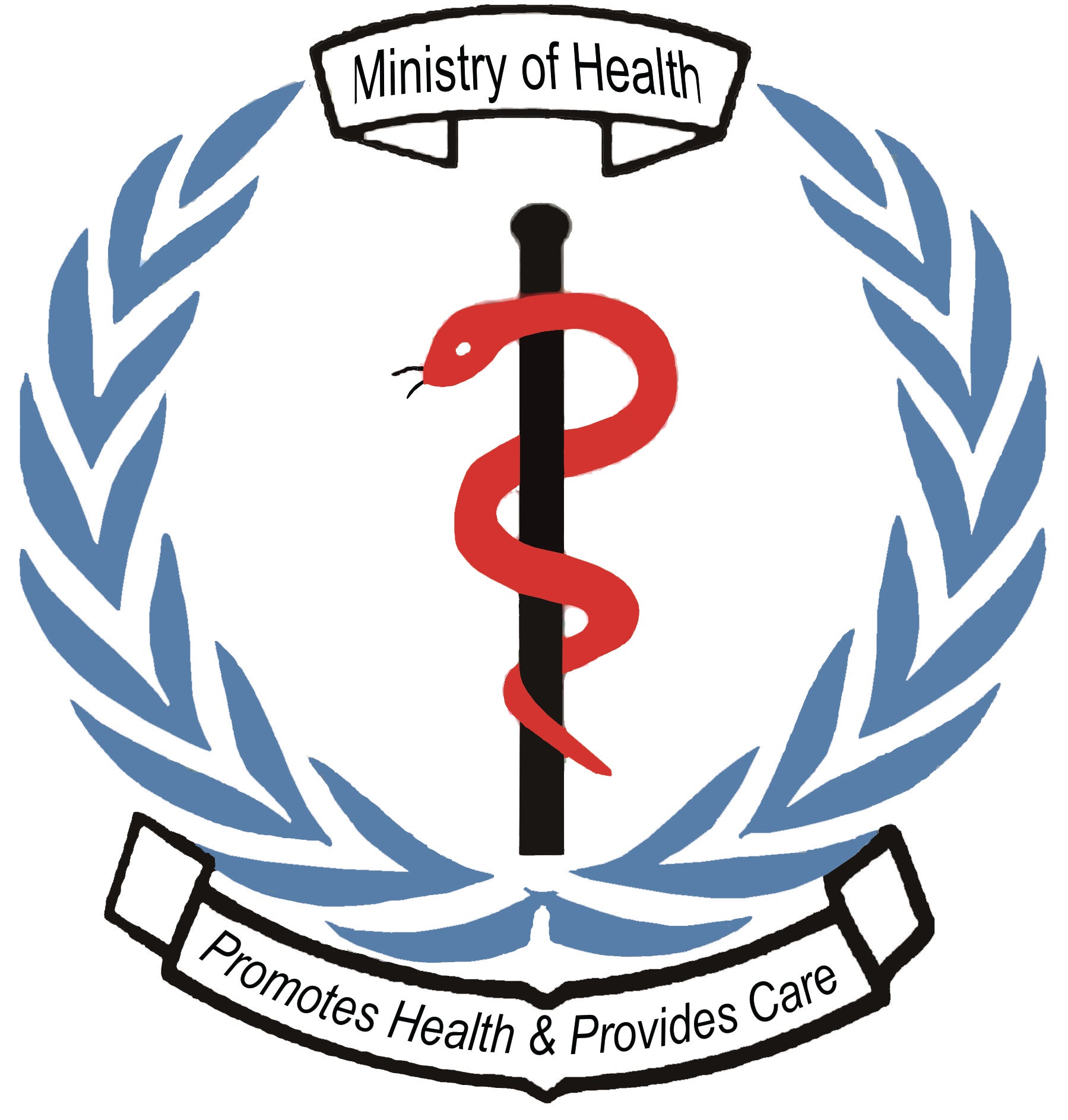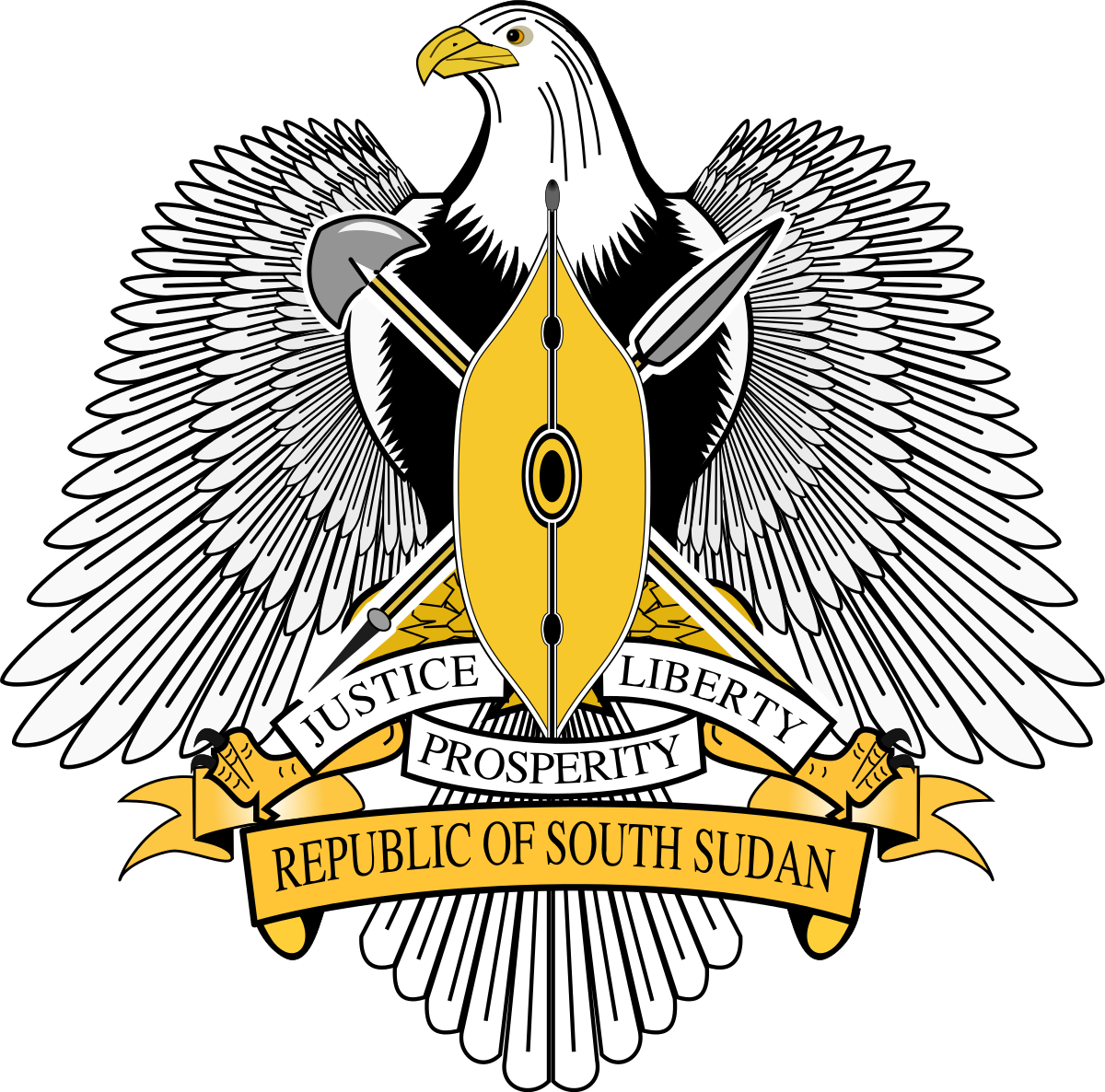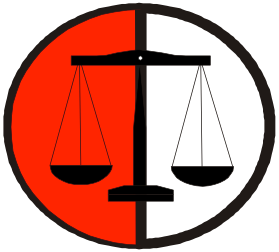



![]()
Violence against women and girls is violence against the entire humankind, and should have no place in South Sudan or anywhere in the world.
The new coronavirus disease (COVID-19) pandemic is an unprecedented moment in the history of humankind. This crisis affects women, men, girls and boys differently. As South Sudan responds to this crisis, we are seeing an increase in the reporting of sexual and gender-based violence cases and in particular intimate partner violence perpetrated against women and girls, including children.
There have been numerous reports in Juba and in different parts of the country of rape including gang rapes and intimate partner violence and this is only going to increase as the pandemic increases the vulnerability of the whole population due to COVID-19. We all read the report of an 8-year-old girl who was raped by 3 young men near her home in Juba a couple of weeks ago, and a mother and her daughter who were gang raped at gun point in their home a couple of days ago. These are just the tip of the iceberg as many cases go unreported due to fear, shame and stigma-leaving perpetrators unpunished.
The scale of the problem is alarming. There is not a single day that we do not hear of reports of rape, including gang rapes of women, girls and children. There is no safe place for women and girls, not even at home. Women and girls are targeted when they go to the market, to fetch water, look for firewood, in schools, in the streets and in work places.
We strongly condemn these heinous acts of violence against women and girls. These survivors have no means of escape when the space that is meant to serve as a safe haven, the home, is the place where maximum violence occurs.
It is our responsibility as duty bearers, Ministry of Justice and Constitution Affairs, Ministry of Interior, Ministry of Gender, Child and Social Welfare, Ministry of Health and Ministry of Education and Instructions, to keep our commitment to preventing, openly rejecting and condemning all acts of violence against our sisters, mothers, daughters, aunties and children. We can do better as a society / community. It is our duty also to protect our citizens and in particular, the most vulnerable by creating a safe environment for them to report the crimes committed against them-as many of these perpetrators are known to the communities.
The Government is committed to working with our partners to strengthen legal frameworks and institutions, improving services for survivors, addressing the root causes of violence, and promoting women’s empowerment. To achieve zero gender based violence and other harmful practices, will require a broad commitment and involvement of international organisations, local NGOs, civil society, members of the communities and more importantly, MEN.
The Ministry of Gender, Child and Social Welfare, Ministry of Interior, Ministry of Justice and Constitutional Affairs, United Nations Population Fund (UNFPA) and development partners, have put in place measures to eliminate Gender-Based Violence and other harmful practices including:
1. The Draft Anti-GBV Bill currently awaiting to be tabled to Parliament- we call on Parliamentarians to prioritize the enactment of this Bill into law.
2. The Strategic National Action Plan to End Child Marriage 2017-2030: We call upon Minister of Finance and development partners to fund this plan to enable acceleration of its implementation. In 2019, thirty-two (32) Chiefs from all former states and Abyei in South Sudan committed to end gender based violence (GBV) including Child marriage. Eight (8) of these have declared the abandonment of Child marriage practice. We call upon all the communities in the 10 States to end child marriage and violence against women. Children should note be forced out of school for marriage encourage your girls to remain in school.
3. The United Nations Joint Programme on Gender Based Violence- we call on development partners to fund this Joint programme that has so far registered substantial milestones in preventing and responding to GBV-through the establishment of eleven (11) One Stop Centers throughout the country; More than 50,000 men and boys have been reached to change cultural/ patriarchal norms that perpetuate gender inequality and Violence against women; A fast track court has been established to bring perpetrators to Justice; more than 100 survivors received legal justice in the courts; the health, police, community leaders and social workers have received sustained capacity building on professional assistance to the survivors of GBV. Any survivors of GBV should be reported to the One-Stop-Center for psychological support, medical treatment and access to law and legal support.
4. The Special Protection Units: There are nine (9) Special Protection Units (SPUs) established in nine Police Stations around Juba for reporting rape cases and violence against women/men. The Ministry of Interior enforces and maintain law and order and provides safety for the survivor and the family in cases where the survivor is frightened and needs assurance of safety.
5. The Standard Operating Procedures (SOP) for Prevention, Protection and Response to gender-based Violence (GBV) in Republic of South Sudan (2014) – This document sets clear systems, roles and responsibilities for all institutions involved in the prevention, protection and response to GBV in South Sudan. This document applies and creates effective, well-coordinated multi-sectoral and comprehensive approach in all GBV prevention, protection and response programmes. Effort has also been made to ensure standards and procedures are articulated for all forms of GBV. All service providers and stakeholders need to be accountable and responsible in respect to the provision in the Standard Operating Procedures (SOP).
6. Protection of the population and ending impunity to the perpetrators of gender-based violence – we call on the police, judiciary and the security sector actors to protect the communities, and ensure access to justice for the survivors of gender-based violence. Establishment of the Court to try the cases of gender-based violence, the Juvenile Court are a welcome step. It is now critical to ensure that these courts are effectively functional and resourced. We urge the Ministry of Interior, and Ministry of Justice to take note of the cases of gender-based violence and the trained police, lawyers, judiciary to work in tandem to raise the level of confidence amongst the population by ending impunity to the perpetrators, regardless of their status or ranks, and that the survivors receive support towards building their lives.
7. The Toll Free Mobile Help Lines: There are Toll-Free Mobile Helplines available in Juba for girls, women, boys and men who need to access help for support. Lulu Care is operating a 24-hours toll-free helpline number 662 (call2Action) to provide support to survivors of gender-based-violence and any other. Crown the woman also has a Toll-Free call number 623. Call this number for any help.
We acknowledge the Frontline workers, GBV social workers, health workers, civil society organizations and government personnel who are relentlessly addressing these issues while putting their own lives at risk. We pay tribute to them for their important efforts to tackle this crisis.
Women and girls are equal and valuable part of this society. They are the backbone of South Sudan. We must treat the women and girls of our country with dignity and respect. Their safety, health, security, and access to justice is everyone’s responsibility.
As South Sudanese, let us take responsibility for our actions. Let us have zero tolerance for gender based violence and other harmful practices. They say charity begins at home-we must start from the home. If a woman cannot be safe in her own house-we cannot expect her to be safe outside of the home.
We urge all the men and women of South Sudan to break the silence and come forward to protect, support the survivors of gender-based violence and to bring perpetrators to Justice. For, without ending gender-based violence, we cannot build a just and prosperous country – the South Sudan we want and deserve.

